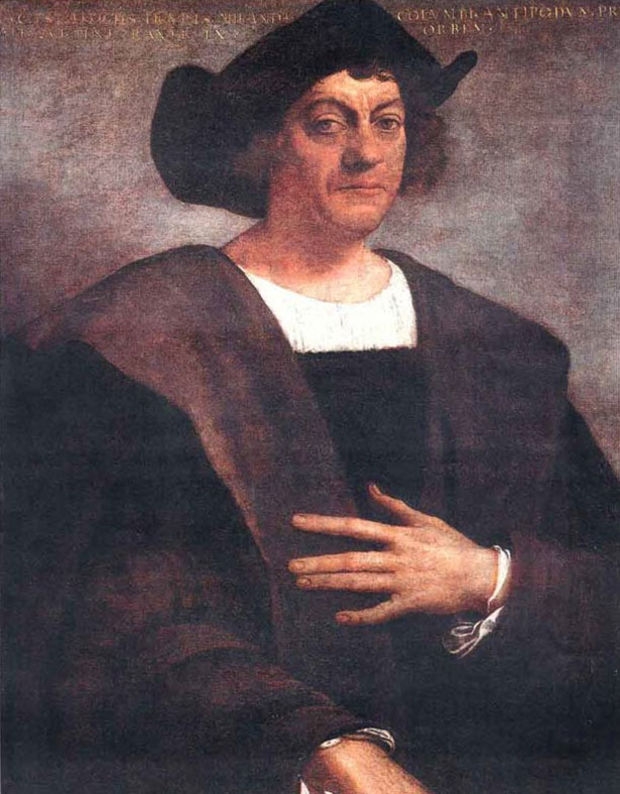
 Columbus Day, the day of Indigenous Resistance
Columbus Day, the day of Indigenous Resistance
Wednesday 15th March 2017 | Zoe
Christopher Columbus, born during the Renaissance in 1451, would later become the man known for “discovering” the ‘New World’.
Originally setting out to find an easier path to Asia, he hoped to find a way around the Muslim-dominated trade routes of the Middle East. To do this he sailed west across the Atlantic. He petitioned the King and Queen of Spain and was rewarded with money for ships. In return Columbus promised new land, gold, spices and people to rule over.
After sailing for 36 days, on the 12th of October 1492 they reached an island which Columbus names ‘San Salvador.’ They had reached the Bahamas, and upon doing so, the explorer and his sailors forced the natives they encountered into slavery.
Columbus named the natives 'Indians', as he believed he had landed in 'the Indies.' At first some Native American tribes were happy to see new people and Columbus gifted them with cheap presents and bells, while he claimed their islands for Spain.
The arrival of Europeans also brought infectious diseases to the indigenous people, including smallpox and influenza, which devastated the population. But that was just the start. Growing warfare between the Native Americans and the colonist only increased the number of deaths.
Columbus never set foot in North America and unbeknown to him, he was beaten to the Americas over 500 years before by the Vikings.
Even though Columbus day was made into a national holiday in 1937 in America, Native Americans have protested the celebration of an event that directly resulted in the death of millions of Native Americans.
In 2002 Venezuela renamed the holiday Dìa de la Resistencia Indìgena (“Day of Indigenous Resistance”) to recognize native peoples and their experience.
Columbus didn’t discover a new world or new land, he explored and exploited land that was new to the Europeans
